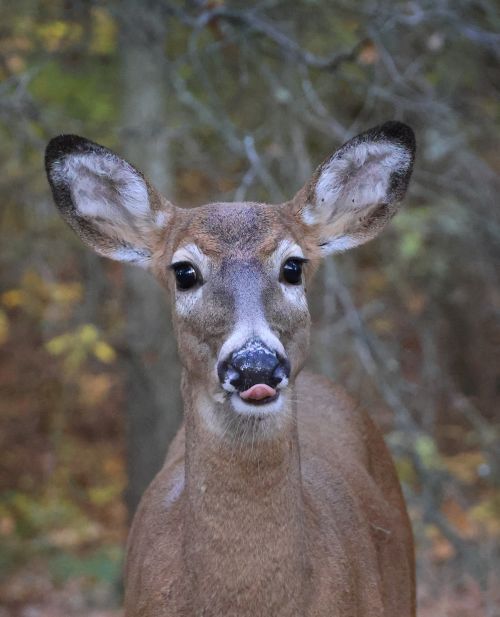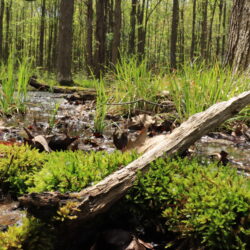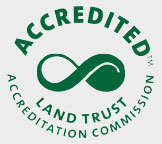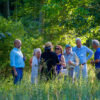
Epizootic Hemorrhagic Disease Returns
Posted on October 1, 2025
As summer transitions into fall, Michigan often sees the seasonal appearance of Epizootic Hemorrhagic Disease (EHD) in white-tailed deer. EHD is a viral disease spread by biting midges, tiny insects that thrive during late summer and early fall. Outbreaks typically subside after the first hard frost kills off the midge population.
Within the last month, the Michigan Department of Natural Resources confirmed the state’s first cases of EHD for 2025 in deer from several southern counties. While small, localized die-offs occur almost every year, these outbreaks can be concerning for hunters, landowners, and anyone who enjoys time outdoors.
What to know about EHD:
- The disease is not transmissible to humans or pets, nor can deer transmit the disease directly to one another. The virus must pass through the insect.
- Venison remains safe to eat if handled and cooked properly, as long as the meat is handled properly and cooked thoroughly. The virus does not infect humans and does not pose a food safety risk.
- Infected deer may appear weak, disoriented, or unafraid of humans, and are often found near water sources. Unfortunately, most deer that contract the virus die within days.
- EHD outbreaks are often localized, meaning one area may see significant losses while nearby areas are unaffected.
- Environmental conditions—such as hot, dry late summers that create more muddy water where midges breed—can increase the likelihood and severity of outbreaks.
Signs of EHD include:
- Weakness, reluctance to move
- Excessive salivation
- High fever
- Decreased fear of people
- Seeking out water to lie in (to cool down)
- Bleeding - including from mouth or in internal organs
- Rapid progression to death (often within 1–2 days after signs appear
Because there is no treatment for EHD, public awareness and monitoring are key. If you encounter a sick or dead deer that you suspect may be affected, please report it to the DNR and the landowner (such as Chikaming Open Lands) if you are at a preserve or park.
For more information about EHD in Michigan and the latest updates from the DNR, or to report a sick deer visit: michigan.gov/ehd
Pictured: Photo taken by Don Ashley of a healthy deer at Grand Beach Marsh Preserve
























